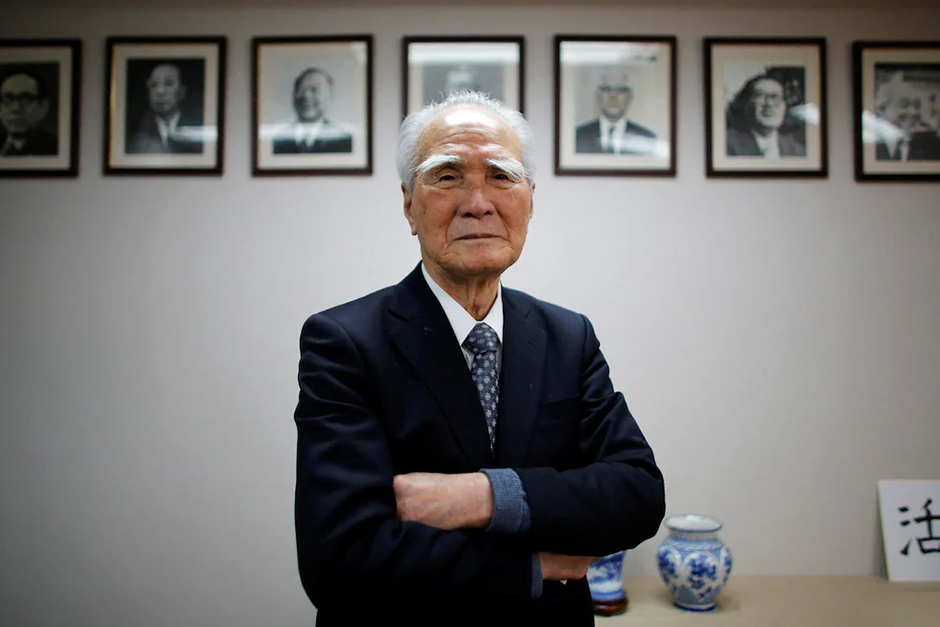A quiet solemnity has settled over the world as we bid farewell to a truly remarkable figure. Former Japanese Prime Minister Tomiichi Murayama, who lived to the extraordinary age of 101, has passed away. While his long life saw many moments, it’s a specific, profound act of statesmanship that etched his name into the annals of history: his groundbreaking apology for Japan’s wartime aggression.
In a world often hesitant to confront uncomfortable truths, Murayama stood out. His legacy isn’t just about longevity; it’s about the courage to acknowledge, to apologize, and to pave a path toward healing. It’s a powerful reminder that even in the twilight of difficult histories, leadership can foster understanding.
The Weight of History: A Moment of Reckoning
The year was 1995, the 50th anniversary of the end of World War II. For decades, Japan’s posture regarding its wartime actions had been a complex tapestry of nuanced statements and avoided direct apologies. Diplomatic relations with neighboring countries, particularly those that suffered immense brutality under Japanese occupation, often strained under the weight of unresolved historical grievances.
Then came Tomiichi Murayama, a man from the Socialist Party, who decided that true progress required a genuine reckoning. His statement, delivered with gravitas and sincerity, directly acknowledged Japan’s “deep remorse” and offered a “heartfelt apology” for the suffering caused by its “colonial rule and aggression.” It wasn’t a politically convenient sidestep; it was a direct embrace of responsibility. This was a profound shift, especially considering the political landscape within Japan at the time, where such an outright admission faced considerable domestic opposition. It took immense political will and a deep moral compass to make such a bold move, forever changing the discourse around Japan’s wartime past.
A Legacy Forged in Reconciliation
The Murayama Statement resonated globally. For many nations and peoples, it was a pivotal moment, offering a measure of closure and opening doors for future reconciliation. It became a benchmark against which subsequent Japanese leaders’ attitudes towards history were often measured. While the road to full reconciliation is long and complex, Murayama’s words provided a critical foundation, an undeniable starting point for dialogue and understanding.
His apology wasn’t just a political maneuver; it was a human act, a recognition of shared suffering. It set a precedent for acknowledging historical wrongs that transcends national boundaries, reminding us that true strength often lies in humility and the courage to say “I’m sorry.” As one seasoned diplomat observed, “Murayama’s apology wasn’t just about Japan; it was about the universal human need for truth and recognition. He understood that genuine peace begins with honest reflection.” His legacy teaches us that even the most difficult chapters of history can be approached with honesty, offering a glimmer of hope for future generations to build upon.
A Bridge Builder’s Enduring Impact
Tomiichi Murayama’s passing marks the end of an era, but his influence endures. He was a leader who understood the profound power of words and the even greater power of genuine contrition. In a world still grappling with historical injustices and the scars of conflict, his actions serve as a timeless lesson in leadership, empathy, and the pursuit of a more peaceful future. He showed us that confronting the past, however painful, is not a weakness, but an act of profound strength that can build bridges where walls once stood.




